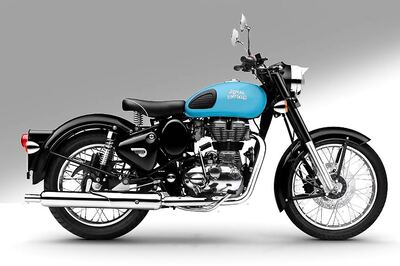
views
Every year, lakhs of students appear for competitive exams such as the PMT, AIEEE, BITSAT and IIT-JEE. And the competition is getting tougher, every year!
TopperLearning.com launches a new series to help you crack these tests and we kickstart the series with tips on the Pre-Medical Entrance Test (PMT), popularly known as All India Pre-Medical Test (AIPMT).
This is a common test for admission to all government medical institutes across the country, except the state of Jammu and Kashmir. The preliminary test is scheduled for April 5 and the final exam is on May 10, 2009.
Anil Goswami, Director (course coordinator) of Brainware Education, a training institute for medical and engineering entrance exams based in New Delhi, tips off students on how to crack the PMT.
What NOT to study
Give first preference to NCERT books. Objective-type questions, particularly for AIPMT and DPMT (Delhi Pre-Medical Test), are picked directly from NCERT books.
Once through with NCERT books, you can lay your hands on other reference books such as AC Dutta for Botany (Oxford Publication), HC Verma for Physics, Morrision Boyd for Organic Chemistry and Peter Atkins and Julio de Paula for Physical Chemistry.
PAGE_BREAK
Important chapters
Anil highlights important chapters and typical questions that might help you score more.
PHYSICS:
Heat and thermodynamics (graphical), SHM and Waves, Kirchoff’s Laws, Magnetic effect & Electromagnetic induction. It is always preferable to go for modern physics as lots of questions are asked from this unit. Concept of Projectile, Impulse, Momentum & centre of Mass are also a few important chapters in Mechanics.
CHEMISTRY:
- Organic Chemistry - General organic chemistry, biochemistry.
- Physical Chemistry - Chemical & ionic equilibrium, kinetics energetic, radio, nuclear and surface chemistry.
- Inorganic Chemistry – Analytical chemistry, redox, stoichometry, periodic properties, chemical bonding and organo metallic compounds.
BIOLOGY:
- Cell Biology - Structure, organisation, function of reproduction of cells, cellular enzymes.
- Plant and Animal Physiology – Plant water relations, photosynthesis, plant nutrition, respiration, nutrition, circulation, respiration & osmoregulation in animals, nervous coordination and integration in animals, chemical cor- ordination.
- Economic Zoology – Domestication and improvement of animals.
- These biology chapters help you solve tricky and simple questions: Systematic, genetics, morphology of flowering plants, internal structure of angiosperm in plants, animal tissues, and reproduction of flowering plants, ecosystem, biodiversity, human diseases and technology for medical application, bio-energy and growth of human population.
PAGE_BREAK
Time management
1. Align your biological clock by practicing mock tests within the stimulated time for PMT. Remember: practice makes perfect!
2. While answering your exam, go for the direct questions ie the questions, which are directly based on the topic, first.
3. Tackle all questions you are sure of answering, correctly. Guessing will not help due to negative marking. For each incorrect response, one third of the total marks allotted to the question will be deducted.
However, no deduction from the total score will be made if no response is indicated in the answer sheet. More than one answer indicated against a question will be deemed as incorrect response and will be negatively marked.
Good luck!




















Comments
0 comment